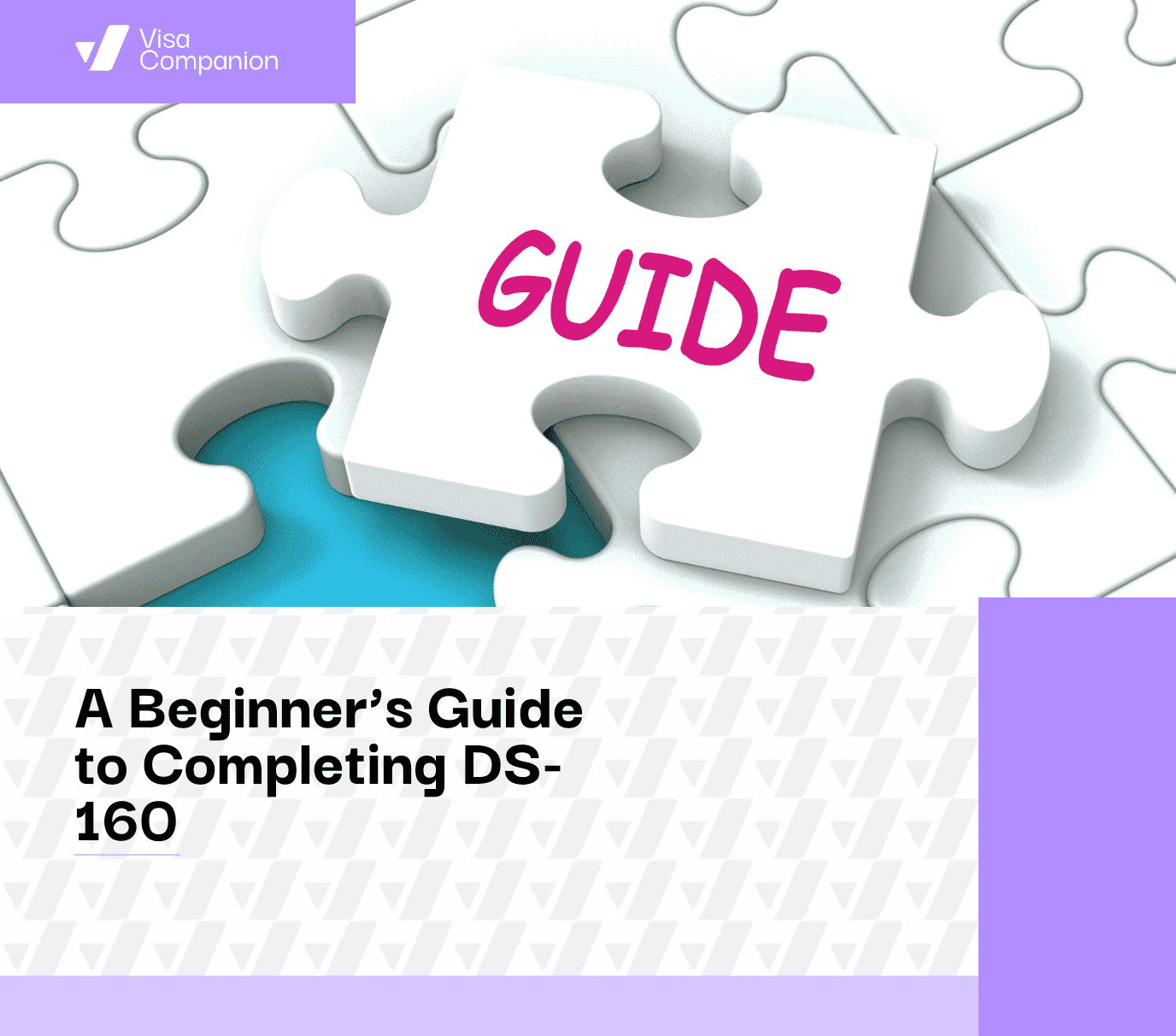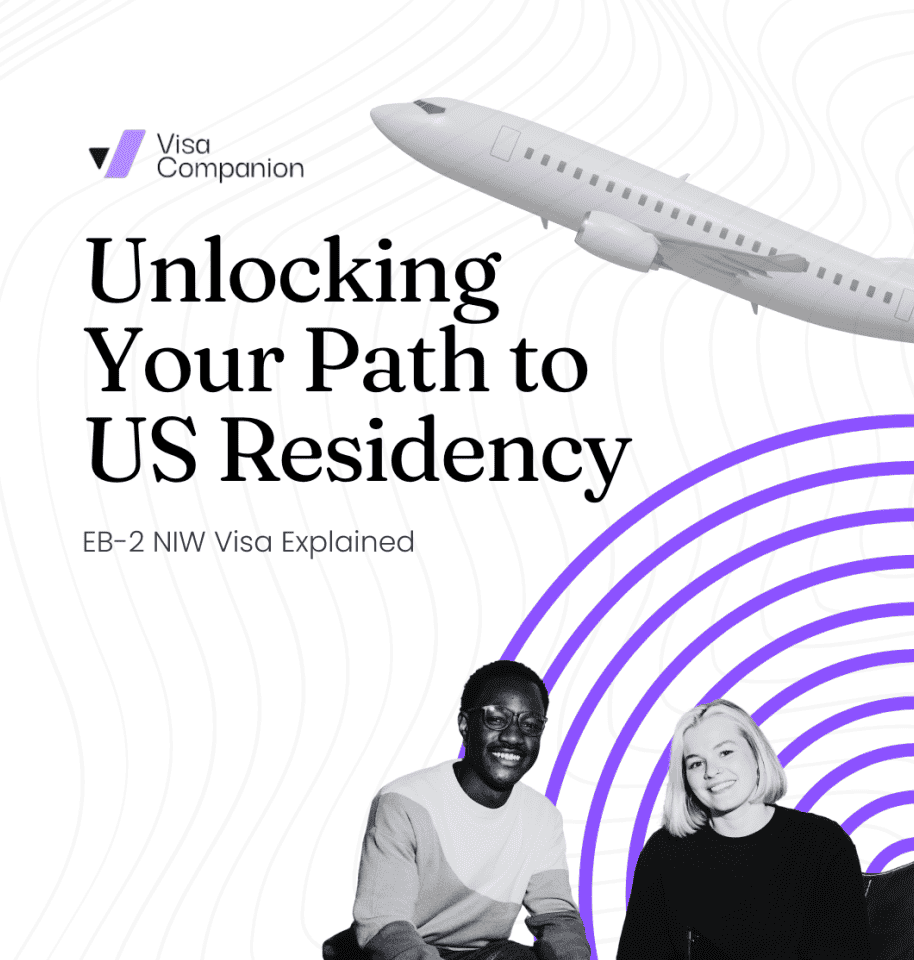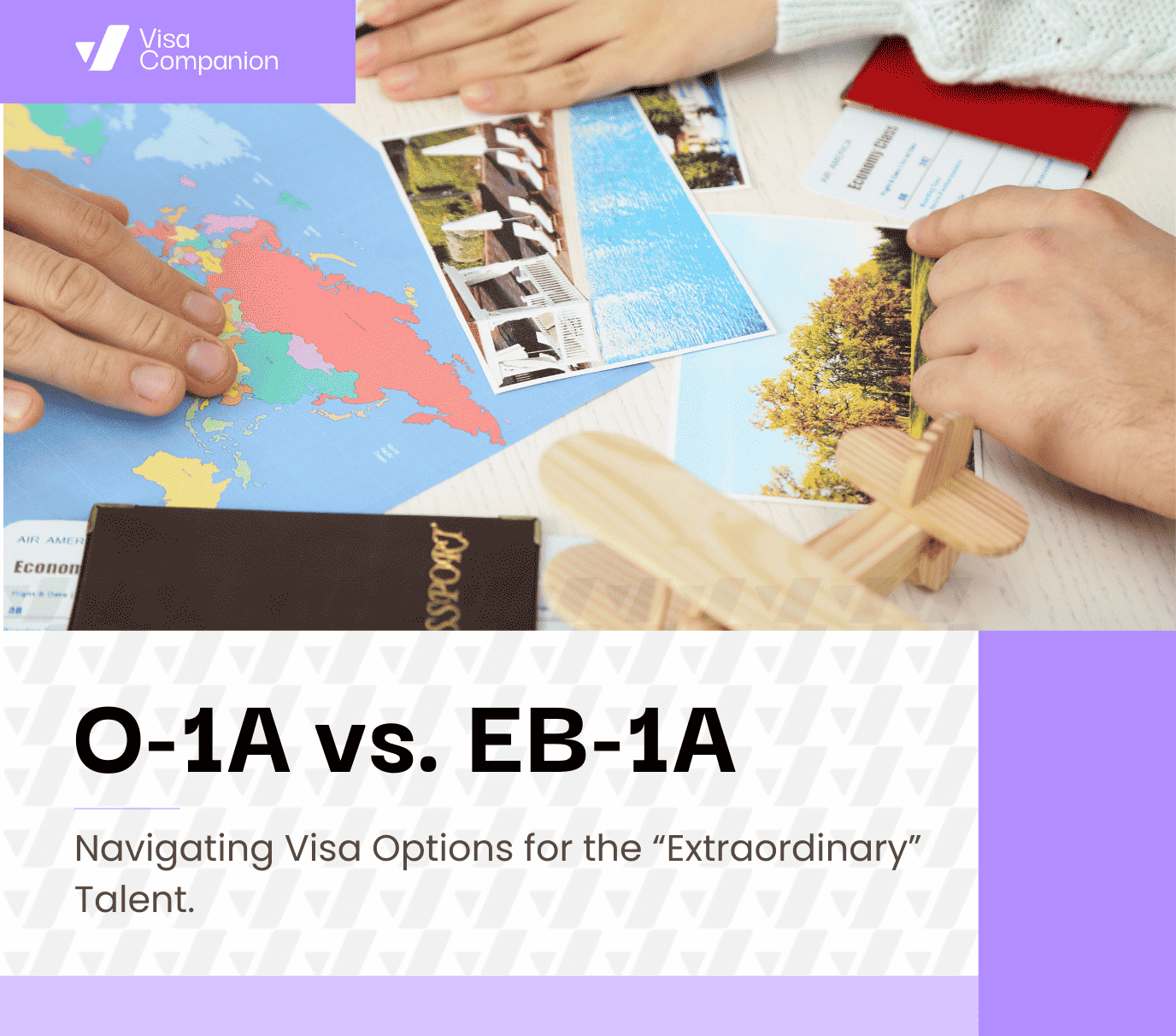A Beginner’s Guide to Completing DS-160

A Beginner’s Guide to Completing DS-160
Whether you're planning a vacation, studying, or working stateside, the DS-160 is one of the most critical elements of your visa application. This online application is the foundation for your non-immigrant visa application, covering tourist, business, work exchange, and student visas. At the same time, it may seem daunting initially, but fear not! This guide will equip you with the knowledge to navigate the DS-160 with confidence.
What is the DS-160 form?
The DS-160 is the Online Non-immigrant Visa Application form used by anyone applying for a U.S. visa. It is an electronic form that collects information about your background, purpose of travel, and other relevant details. We’ll walk you through the steps to completing the DS-160, hopefully making it easier for you to complete the first step in your visa journey.
What to Gather Before You Begin
Think of filling out the DS-160 as building a solid case for your visa. To ensure a smooth process, gather these essentials beforehand:
- Valid Passport: Double-check the expiry date on your passport. It should be valid for at least six months beyond your intended stay in the US.
- Travel Itinerary (if available): It can be helpful to have a basic outline of your travel plans, including arrival and departure dates.
- Past US Travel History (if applicable): If you've previously visited the US, note down the dates of your visits.
- Employment and Education Details: Gather information about your current and past jobs and educational background.
- Digital Passport Photo: Ensure your photo meets the US Department of State's specifications. This photo should be in color, have a white or off-white background, and show you directly facing the camera with your face in focus. You must have a neutral facial expression (sorry, no smiles here) and not be wearing any glasses. You can find the complete requirements here.
Where can I find the DS-160 form?
The DS-160 form is available on the U.S. Department of State's official website and through the Consular Electronic Application Center (CEAC) here.
How to Complete the DS-160
Access the form: You’ll first need a secure and reliable internet connection to visit the Consular Electronic Application Center (CEAC) website. If you haven't already, create an account and select "DS-160" from the list of available forms. Remember to save your application ID; you'll need it later.
Fill out the personal information section: The first section of the DS-160 is for your personal information. Provide accurate and honest information, and double-check that things like your passport details and the spelling of your name match your travel documents.
Upload your photo: Upload a photo taken in the last six months that meets the US visa photo requirements. This photo should be in color, have a white or off-white background, and show you directly facing the camera with your face in focus. You must have a neutral facial expression (sorry, no smiles here) and not be wearing any glasses. You can find the complete requirements here.
Share your travel itinerary and US contact(s): Include it and let them know who you'll spend time with while visiting. It’s essential to be as detailed and specific as possible here. You’ll also need to know the address of the place you’ll be staying when you first arrive. This can be a hotel, Airbnb, or a family or friend’s place.
Complete the security and background screening: This part of the application includes questions about your personal history, travel history, and other factors relevant to security concerns. The questions will vary depending on the type of visa you’re applying for. Still, common ones ask about previous travel to the U.S., criminal history, health history, employment and education, and family ties.
Review your details and submit: Proofreading is essential here. Ensure that all your details are correct and that you answered all the questions truthfully and accurately. You don’t want your application flagged for a typo. Once you’ve sorted everything out, hit the submit button.
While the DS-160 is pretty straightforward, some essential things must be remembered while completing a DS-160 form.
Save your application regularly. There’s nothing worse than losing all the progress you’ve made just because you didn’t hit the save button. Plus, the DS-160 allows you to save your progress and return to the application later if you can’t do it all at once. Remember that the information entered in the DS-160 form is only valid for 30 days. After that, you will need to start a new application.
Use a computer with a stable and secure internet connection. This form works best on a desktop computer rather than a smartphone or tablet. Ensure your internet connection is reliable so you don’t risk losing your progress (or, worse, compromising your personal information).
Print the confirmation page. It contains essential information that you’ll need for your visa interview.
Have your information ready. This includes your passport, travel itinerary, contacts in the U.S., and any previous travel history. Ensure that the information you provide on the DS-160 form is accurate and aligns with your documentation.
Pro Tips for a Smooth Journey (The Triple S)
- Start Early: Don't wait until the last minute. Give yourself ample time to gather information and complete the application.
- Seek Clarity: If a question seems ambiguous, consult the Department of State's DS-160 instructions here.
- Seek Help (if needed): Completing the DS-160 form doesn’t have to be a headache. Take it step by step, and if you need any assistance, feel free to contact our immigration experts here to help guide you through the process.
Remember: The DS-160 is a crucial step in your US visa journey. By following these steps and remaining organized, you'll be well on your way to conquering this application and pursuing your American adventure.
Additional Notes:
- The DS-160 application itself is free. However, visa application fees apply depending on the visa category.
- Completing the DS-160 is only the first step. You may need to schedule a visa interview and submit additional documentation.
Congratulations! You've now unlocked the critical information to tackle the DS-160. With careful preparation and patience, you'll be one step closer to setting foot in the USA. Good luck!
More Blogs

Navigating EB2-NIW and EB-1A Visa Timelines: Strategies for Efficient Processing
June 2, 2023Understanding the processing times for EB2-NIW (National Interest Waiver) and EB-1A (Extraordinary Ability) visas is crucial for applicants aspiring to obtain these U.S. employment-based preference visas.

EXPLORE THE PATHWAYS TO U.S. RESIDENCY: UNDERSTANDING THE EB-2 NIW VISA
April 22, 2023The EB-2 visa is one of the most sought-after visa classifications in the U.S. employment-based immigration system. Designed for individuals with advanced degrees or exceptional abilities in their field, this visa provides a pathway to permanent residency (Green Card) in the U.S. In particular, the EB-2 National Interest Waiver (NIW) stands out because it allows qualified individuals to bypass the need for employer sponsorship and labor certification. In this blog, we’ll focus on the EB-2 NIW visa classification—what it is, how to qualify, and the steps to apply. Whether you’re a scientist, entrepreneur, or professional with expertise in a critical field, this guide will provide the comprehensive information you need.

O-1A vs. EB-1A: Navigating Visa Options for the "Extraordinary" Talent
April 22, 2023Explore the differences between the O-1A and EB-1A visas for talented individuals immigrating to the US. Learn about the temporary, sponsored O-1A visa versus the permanent, self-petitioning EB-1A option. Gain clarity on which visa aligns best with your goals.

Empowering Your Immigration Journey with Expert Guidance
April 2, 2024Imagine the thrill of a new life in the US. It could be a groundbreaking research opportunity at a prestigious university, reuniting with family you haven't seen in years, or the chance to build a life in a dynamic, multicultural society. But before you celebrate with that celebratory American apple pie, the intimidating world of immigration laws looms. Complex legalese, unfamiliar processes with ever-changing deadlines, and the constant worry of rejection – enough to turn anyone's dream into a stressful mess.